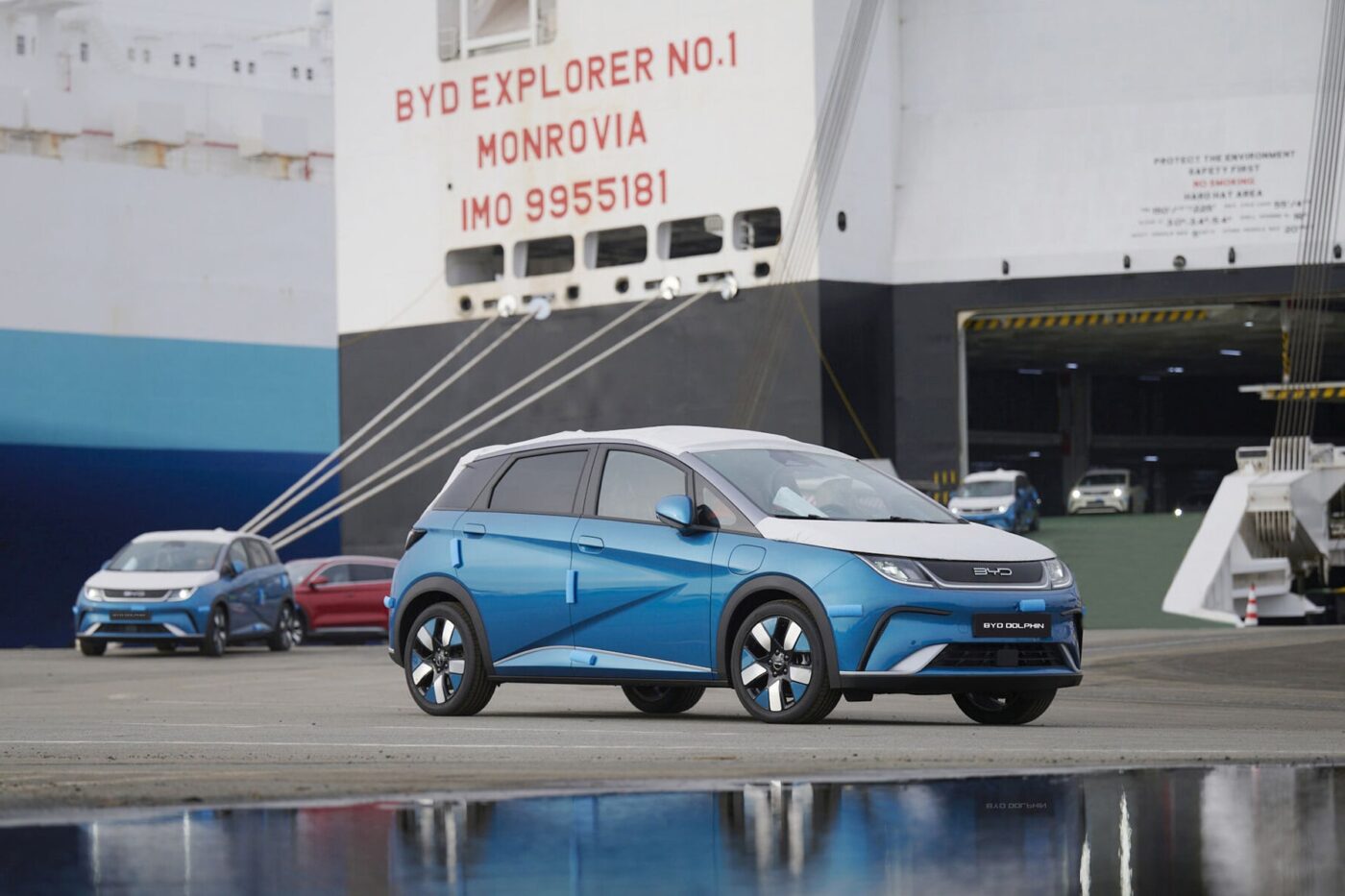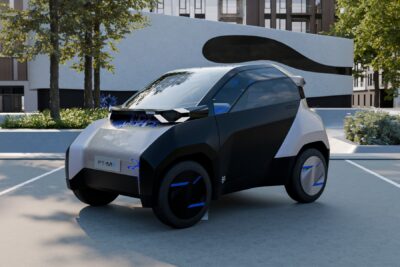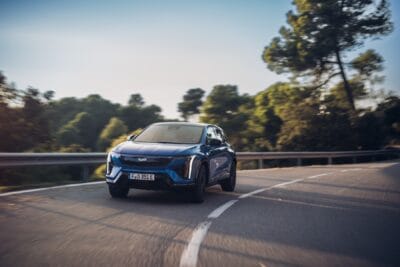Tariff negotiations between the EU and China continue
The EU member states’ vote on increasing tariffs on electric cars from China that were supposedly planned for 25 September did not happen. One possible explanation is that the negotiations are ongoing as Politico reports. The publication says Chinese representatives remained in Brussels to continue negotiations to avoid EU tariffs on electric cars.
According to people familiar with the talks, an agreement has yet to be reached even after lengthy discussions last week. The question of whether the extension can be seen as a sign of a possible rapprochement remains to be seen. The EU Commission did not want to comment on the information regarding the alleged extension.
According to Politico, one solution allegedly still on the table is voluntary minimum prices, which would “offset the market-distorting Chinese subsidies, thereby rendering the planned EU duties moot.” This issue is precisely what the whole tariff dispute is about: After a months-long investigation, the EU Commission claimed to have identified competition-distorting subsidies in China, thanks to which Chinese manufacturers can sell their electric cars more cheaply. The planned EU special tariffs would thus be based on the level of the subsidy identified for each manufacturer.
Last week, EU Trade Commissioner Valdis Dombrovskis and Chinese Trade Minister Wang Wentao took part in the talks in person. It did not result in an agreement. The talks will likely continue at a different level: A Chinese industry representative told Politico that only the negotiators remained in Brussels. However, according to the report, he could not provide any information on how open the EU was to Beijing’s ideas.
The minimum prices under discussion are apparently one such Chinese proposal. Even before Wang visited Europe, the Commission had rejected an initial offer on minimum prices, “to cancel out the Chinese subsidies”, and there were also problems with the enforcement of prices.
Germany is said to be the main reason for the ongoing negotiations. The German government had positioned itself – partly with its own proposals – against the EU’s special tariffs on Chinese electric cars at an early stage, as it feared a trade war with China that could weaken the German automotive industry. So far, however, Berlin has not been able to find enough allies to dissuade the EU Commission from its plans. Politico says, “The last off-ramp for Berlin would be a negotiated settlement.” If the extended talks are unsuccessful, the vote in the EU Council, which has already been rumoured for Wednesday, could be held within a few days. As things stand, most EU member states would accept the special tariffs proposed by the EU.





1 Comment